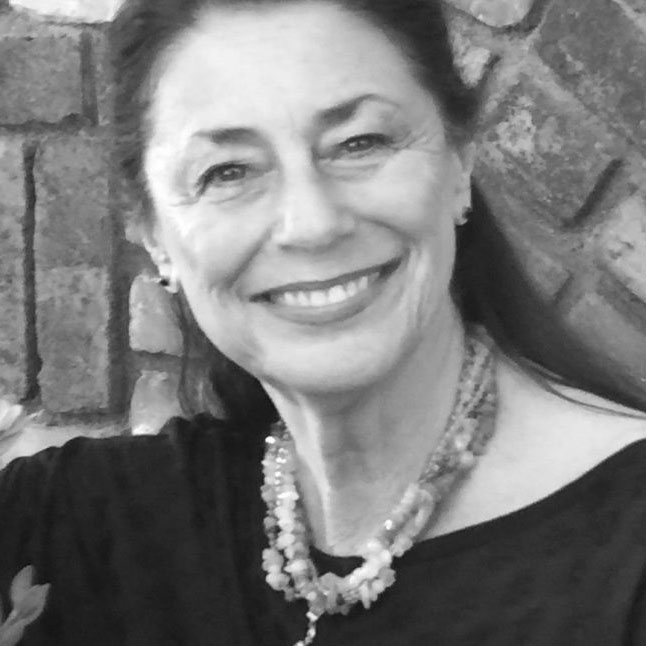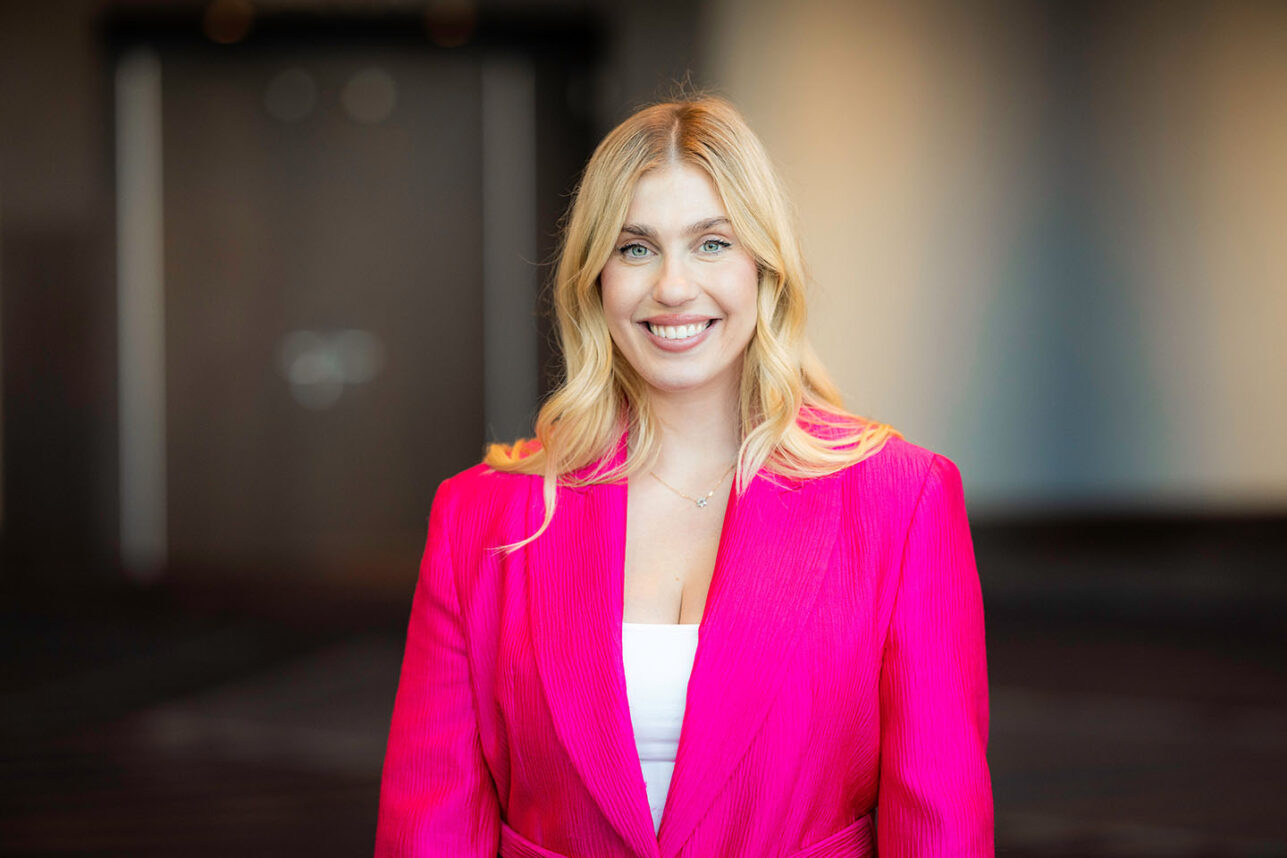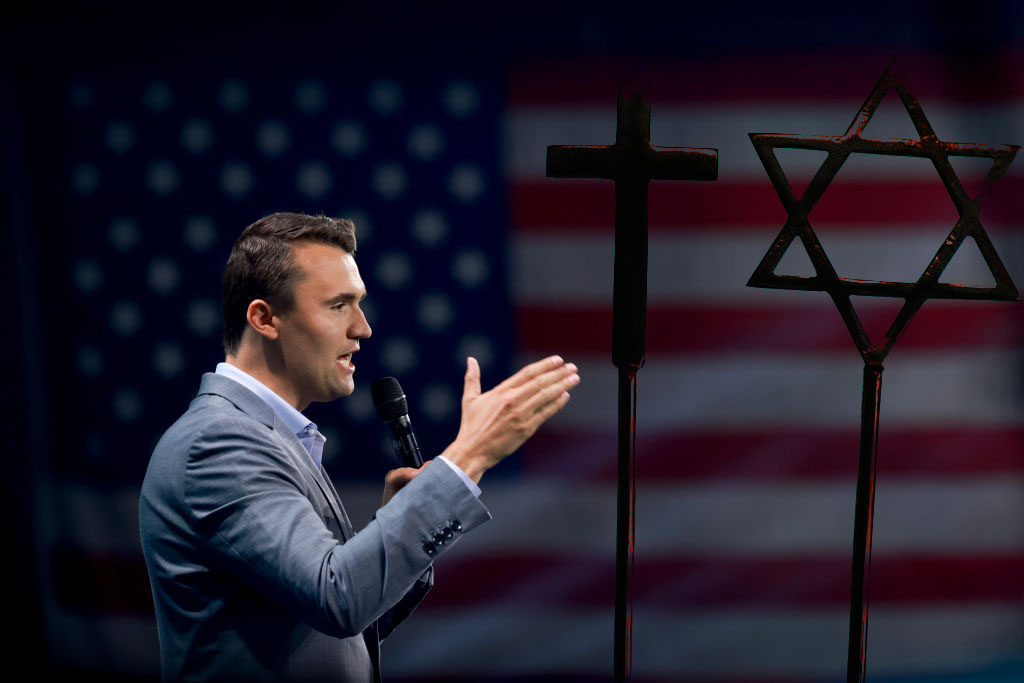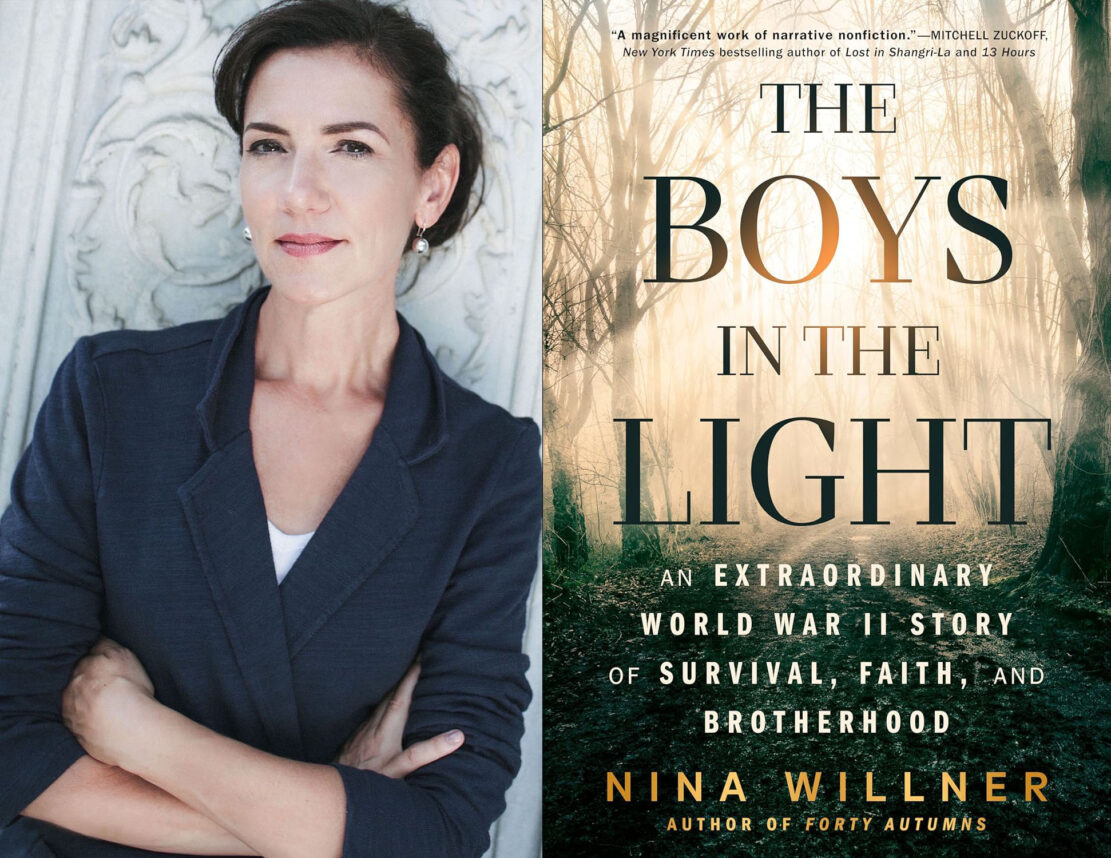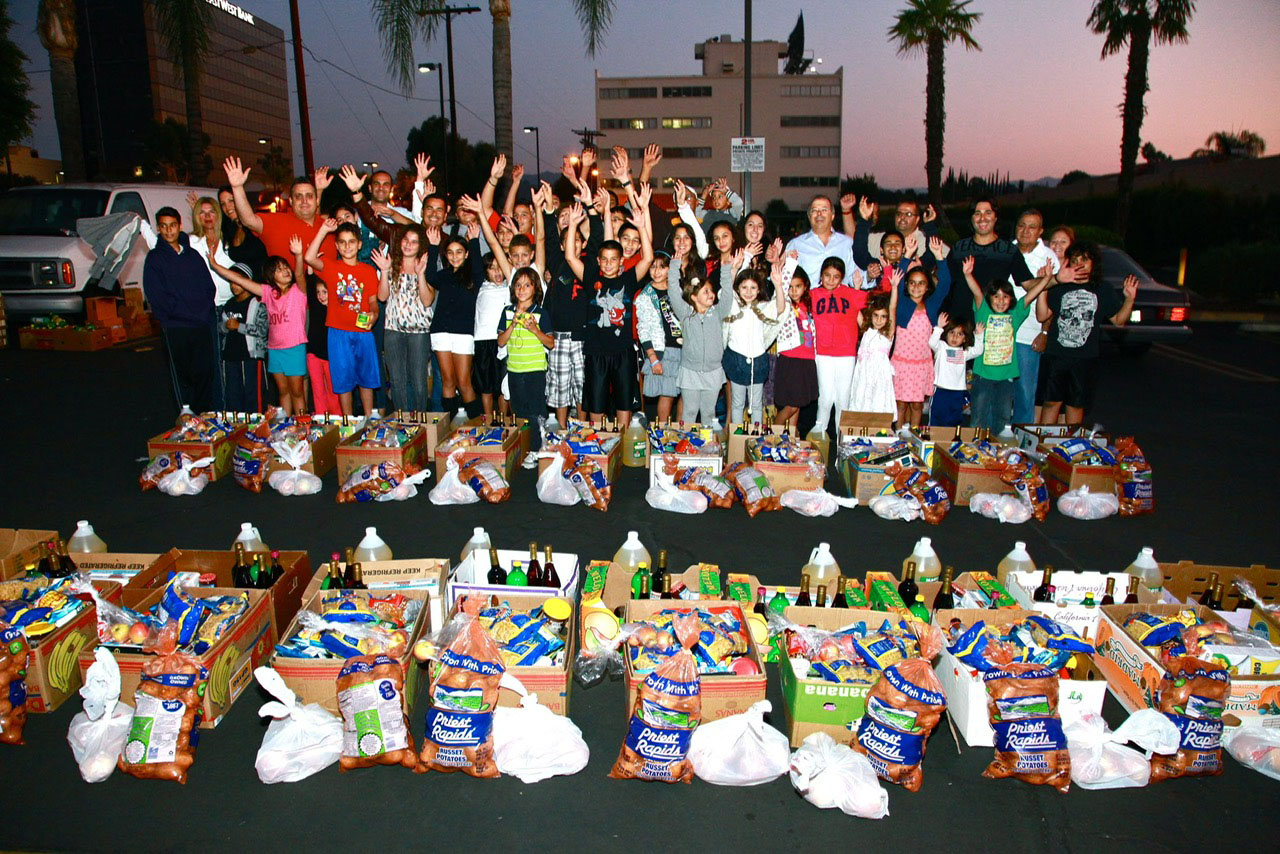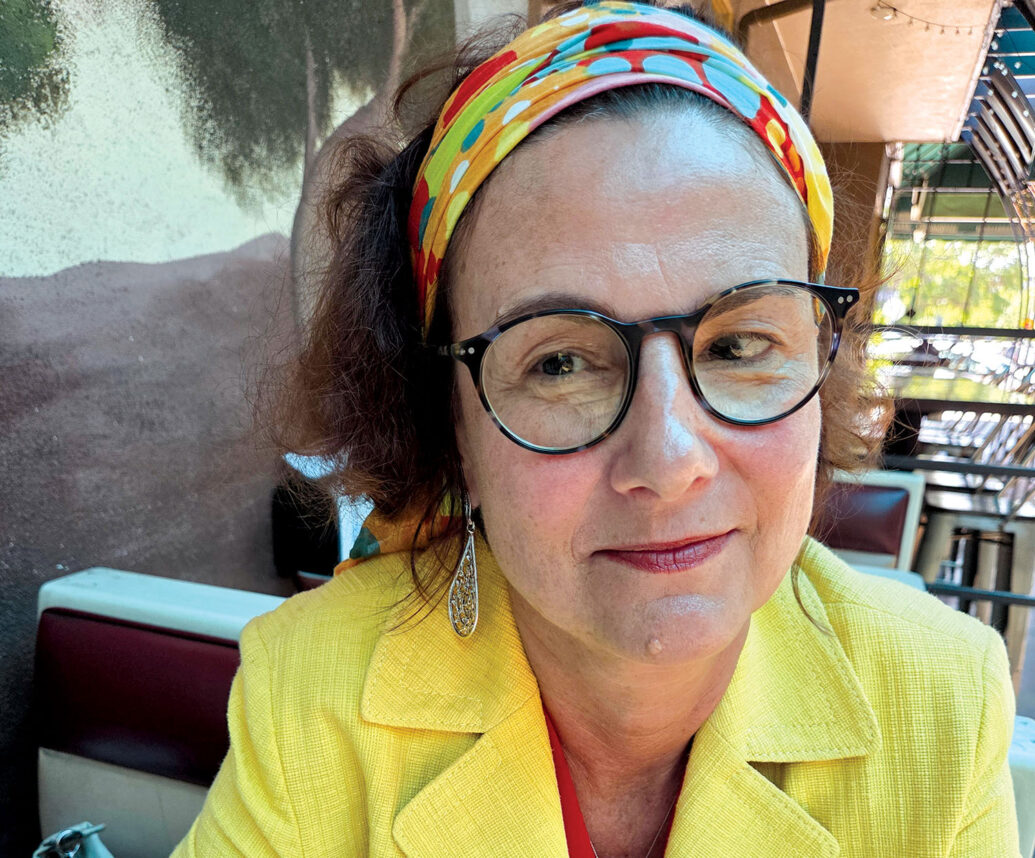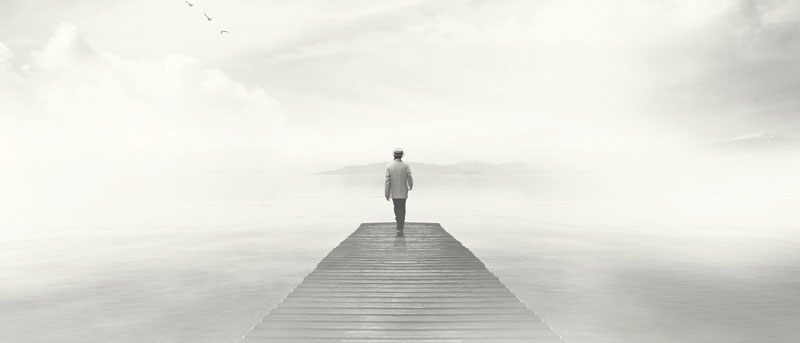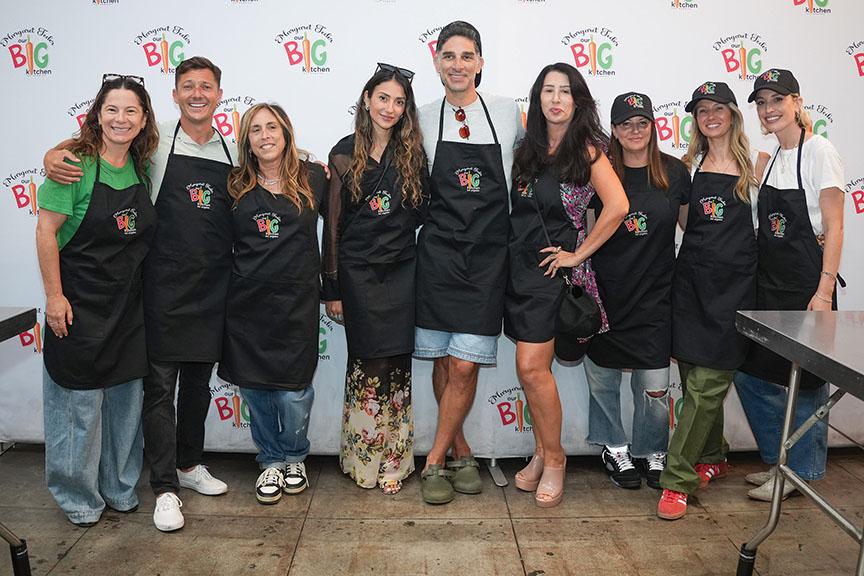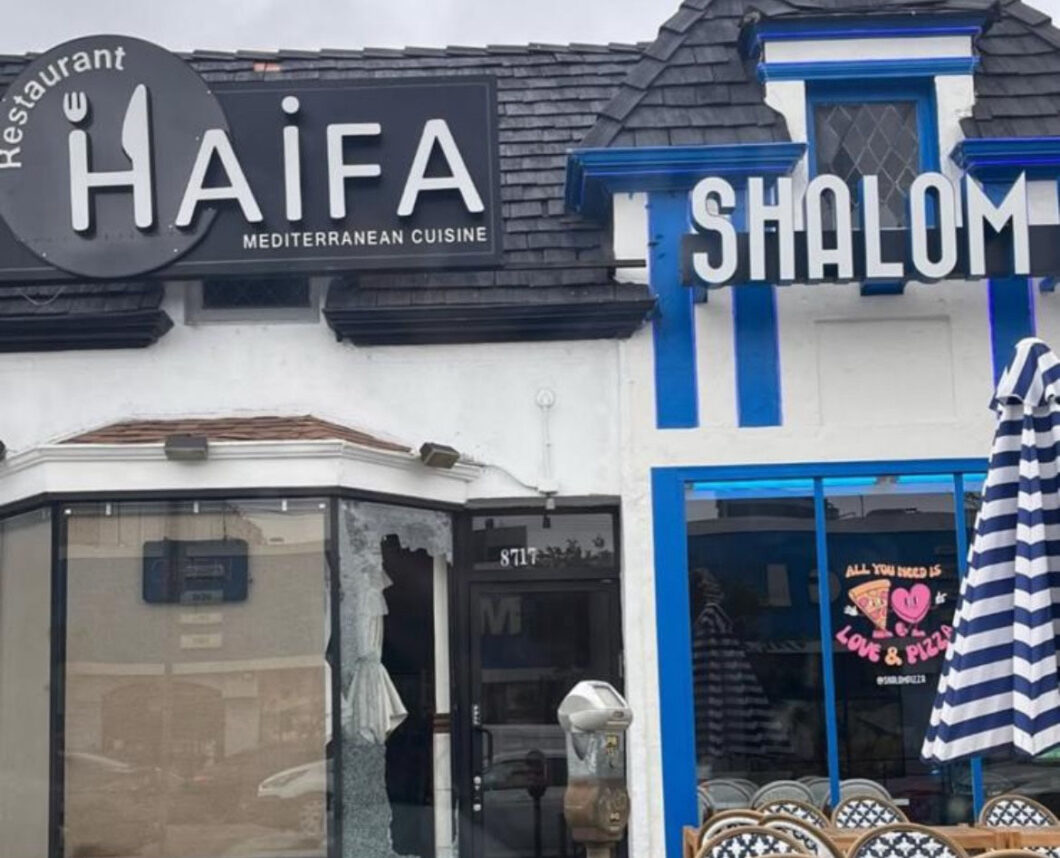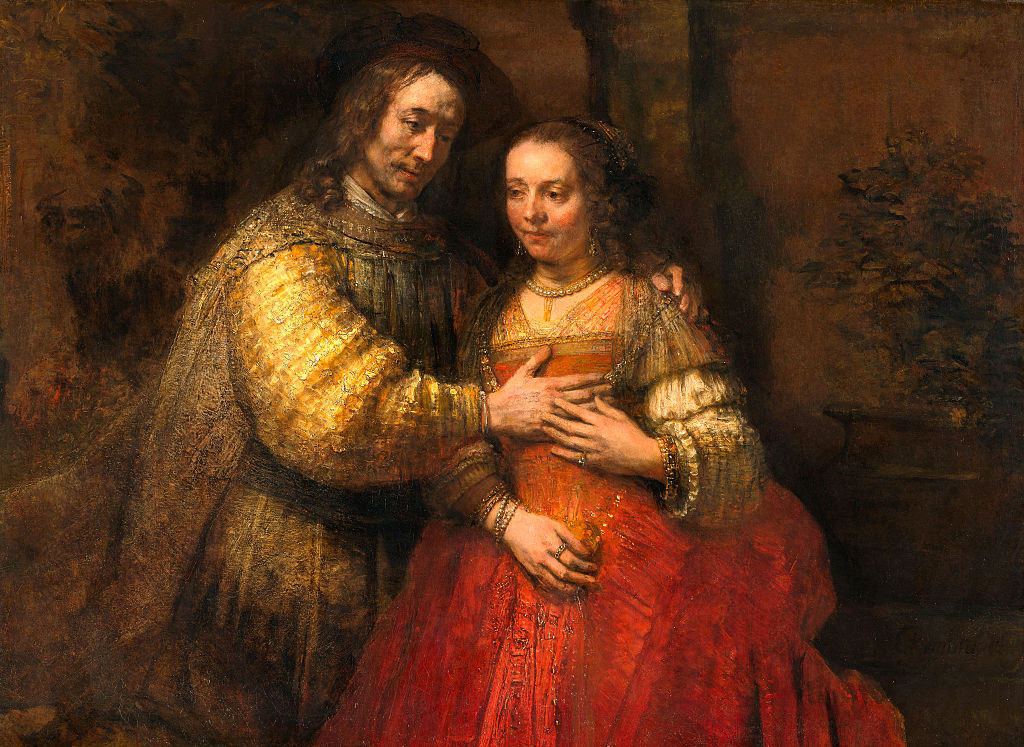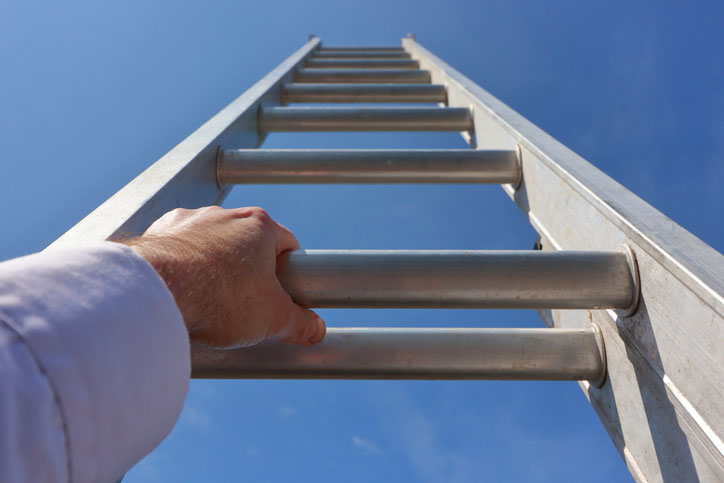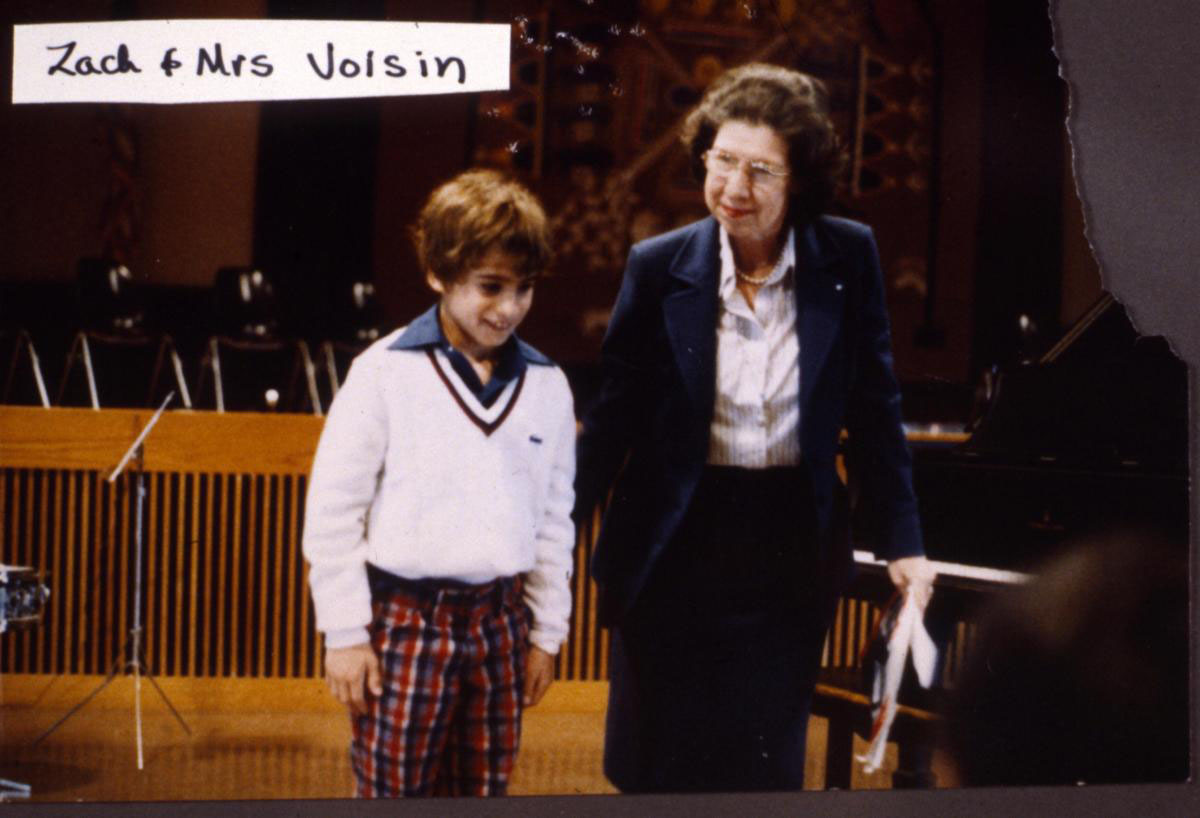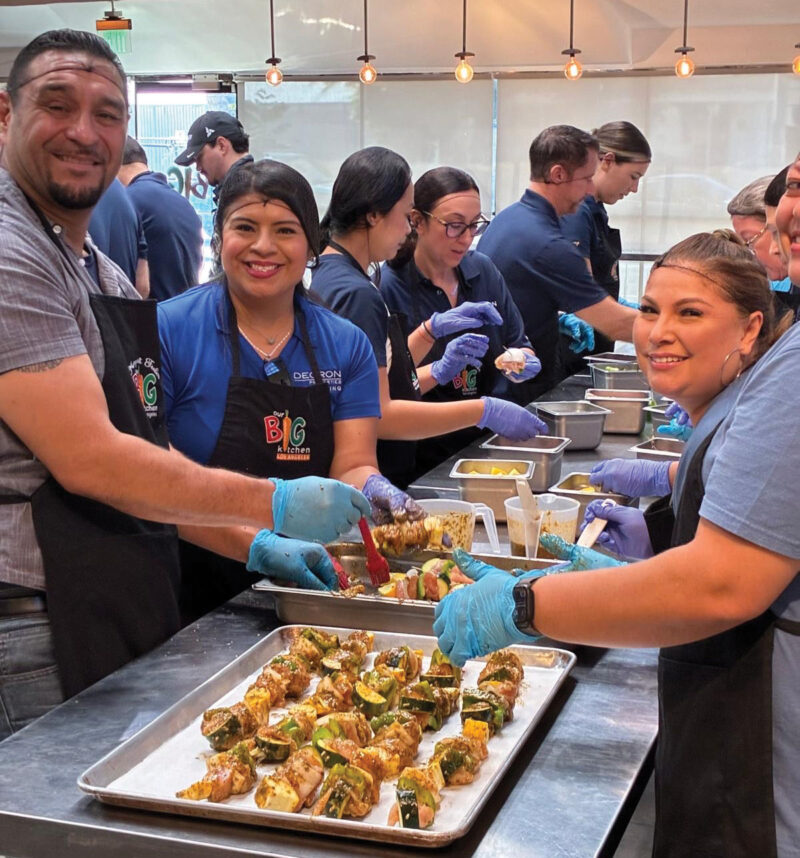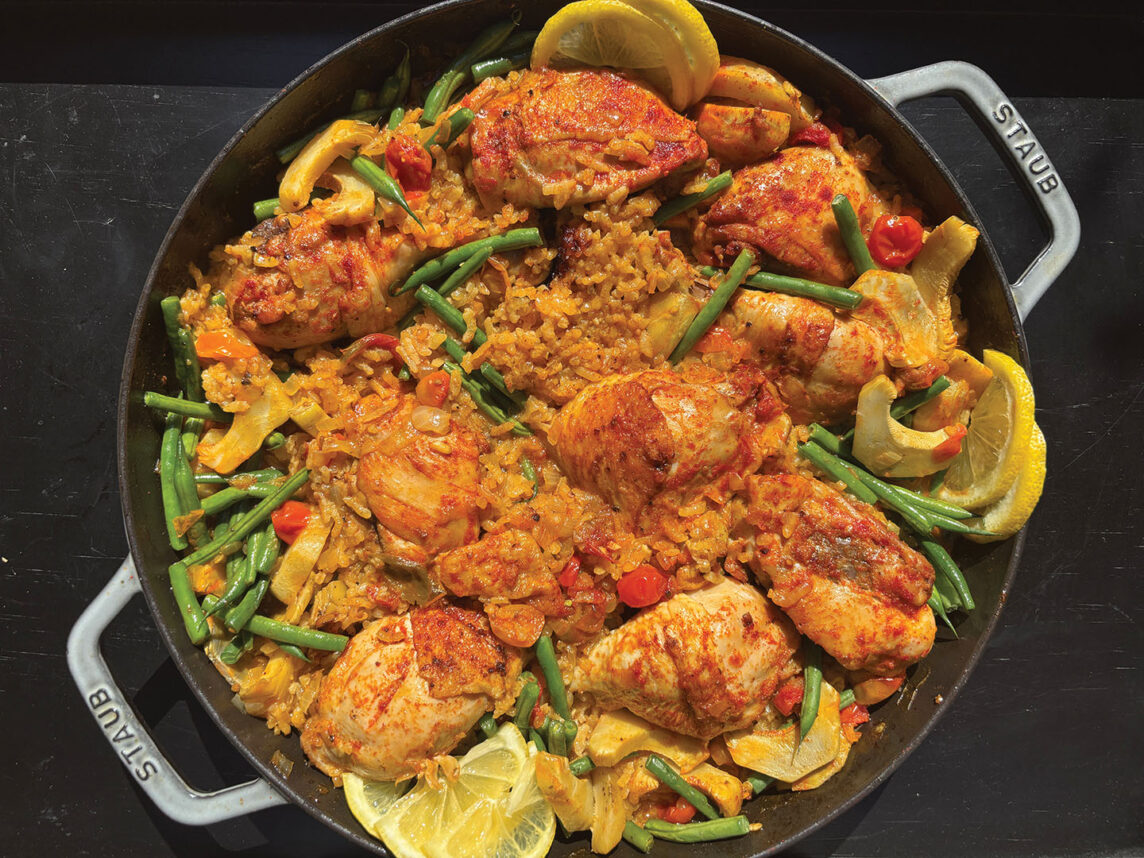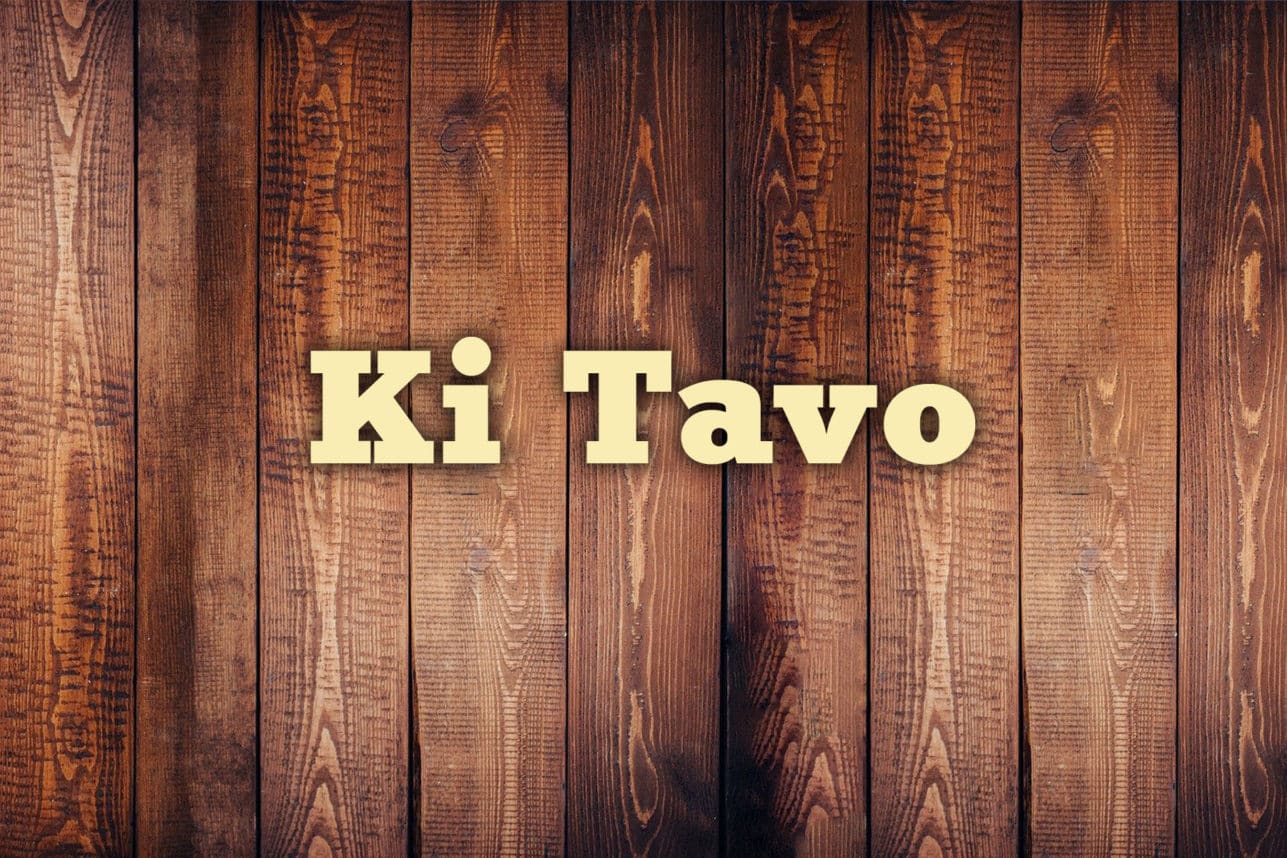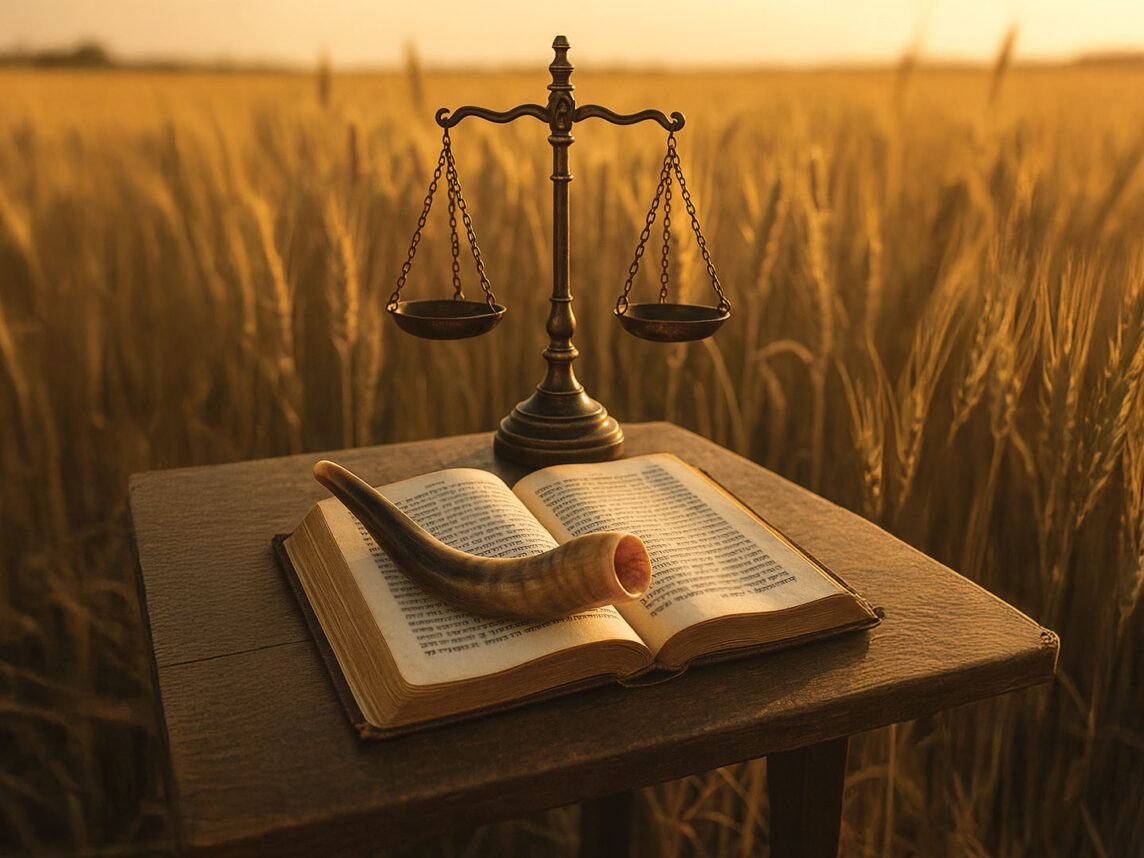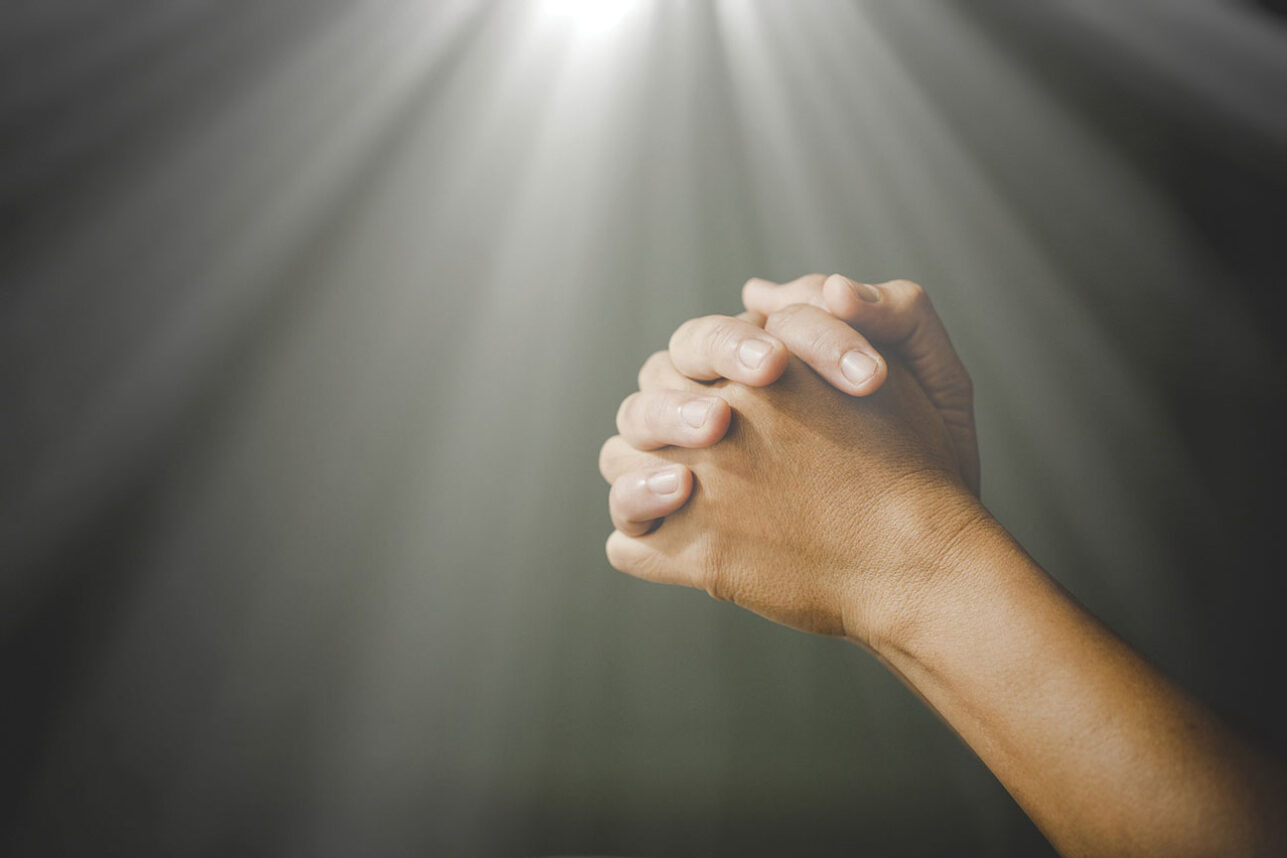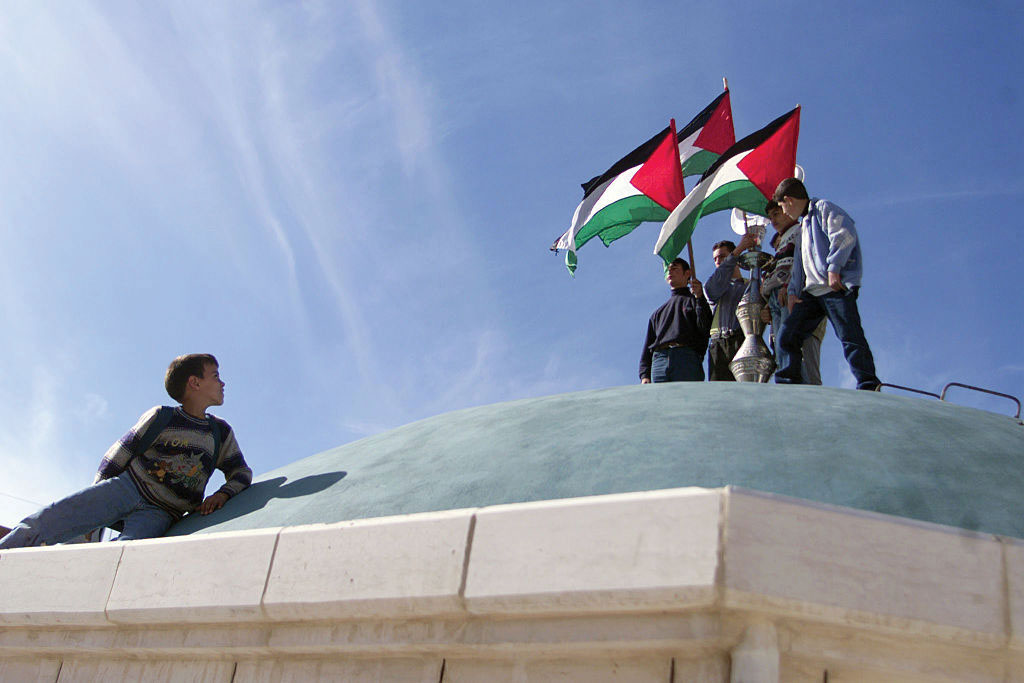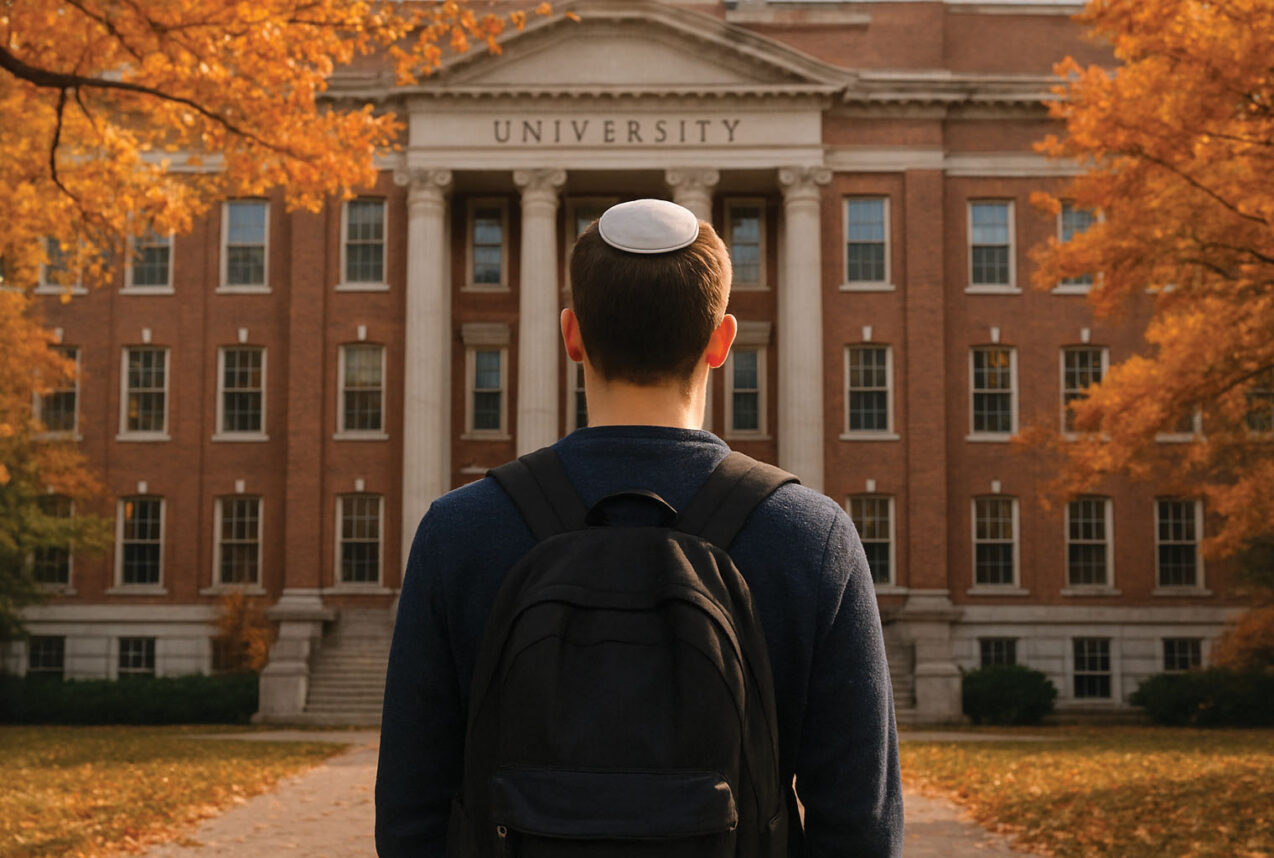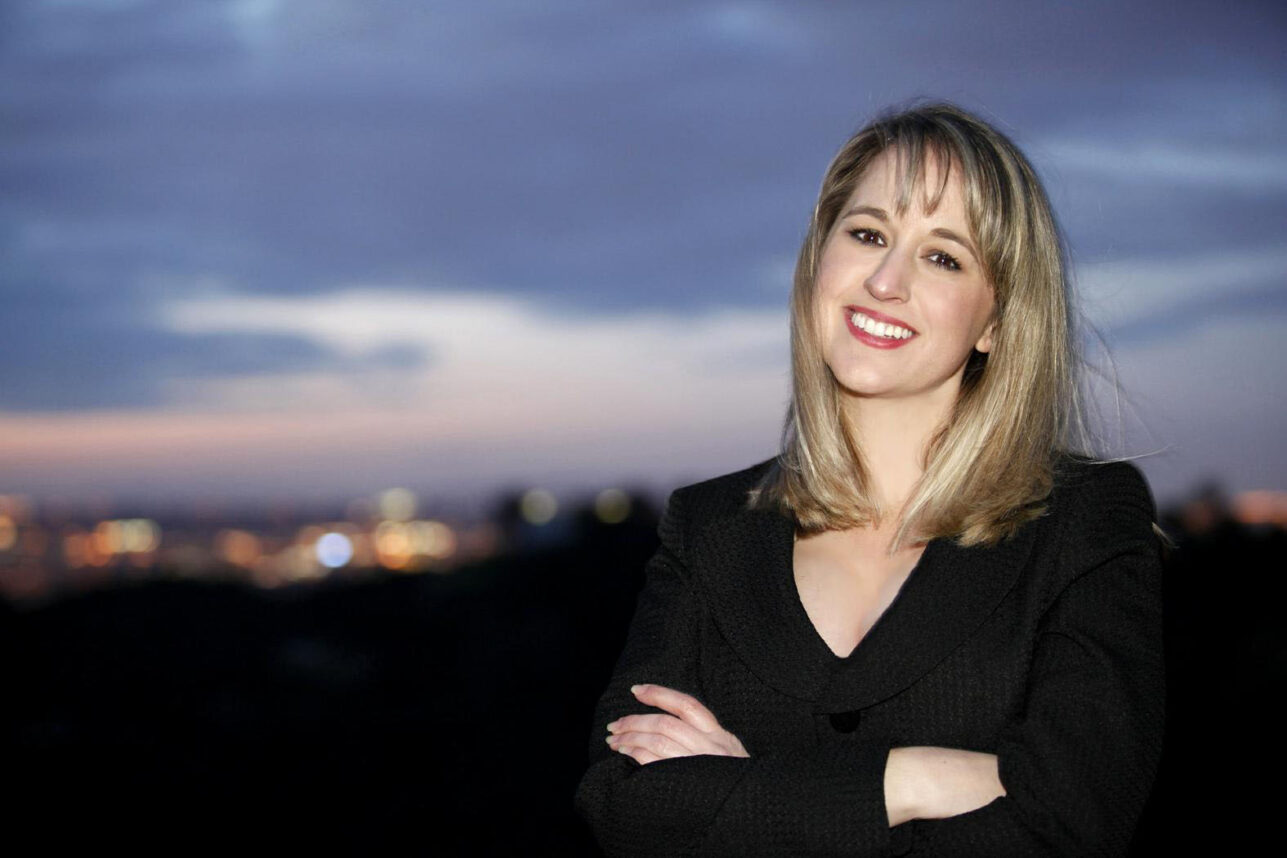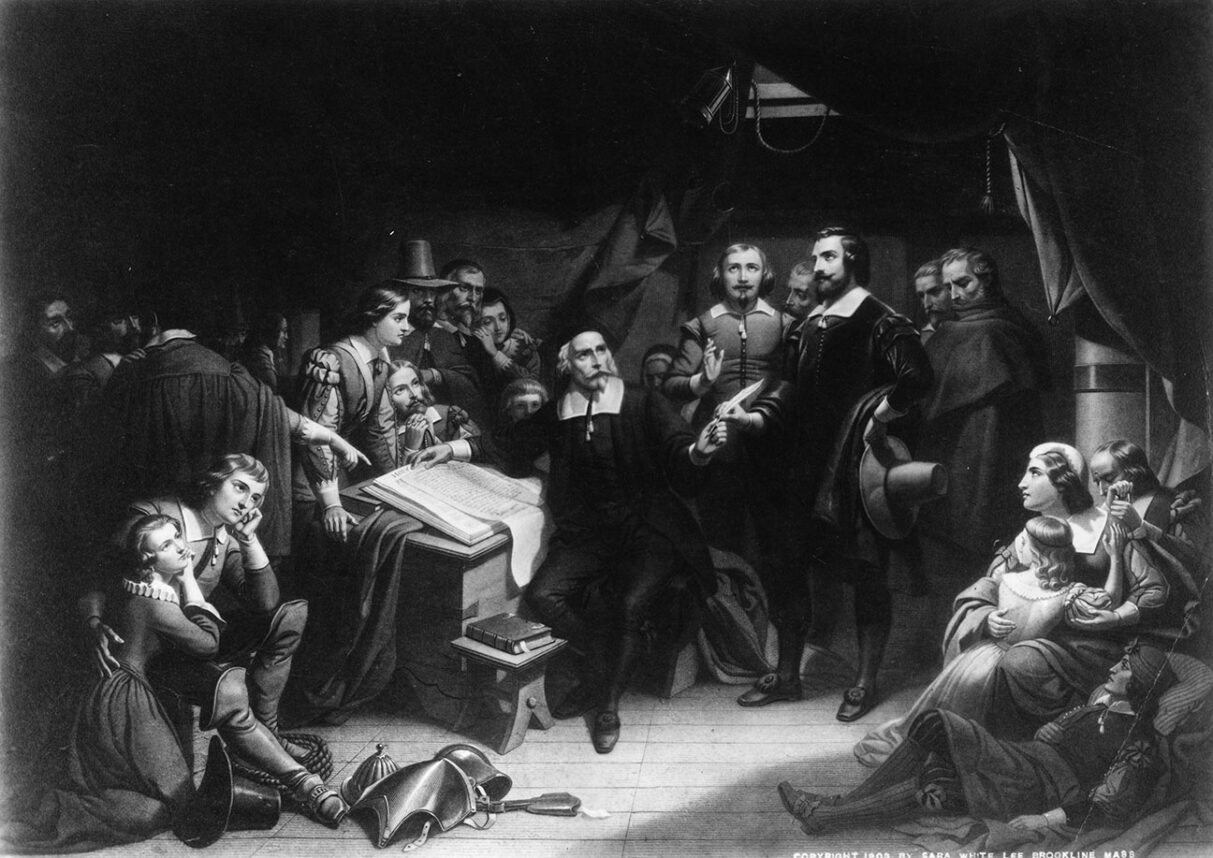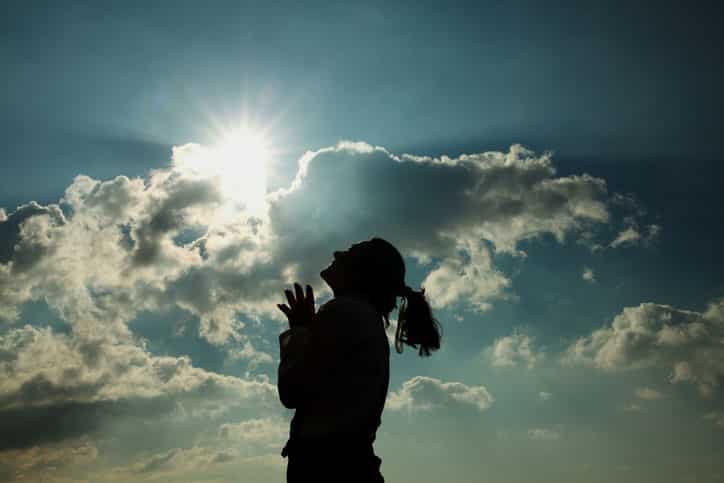
How do we find comfort in such horrific times? How did our brethren console themselves when faced with insecurity, discomfort, and uncertainty? Confronting betrayal, hatred, and attackers in every country the Jews have lived, what could assuage their fear and despair? Every instinct is to survive, to continue, to believe in life, no matter what, despite the world’s efforts to erase us. Finding a home in America was the promise Jews needed, seeing Lady Liberty’s welcome: “Give me your tired, your poor, your huddled masses yearning to breathe free.” Then, creating the State of Israel, the last vestige of immunity after waiting 2,000 years to be reunited with our homeland. Bookmarked by refuge, on two sides of the globe, West and East, safe and secure, as never felt before in our history.
But that has been shattered. The impregnability of Israel now a misnomer, as if we live in biblical times with overlays of the Middle Ages, when the crusades trampled on Jews. The horror of October 7 ruptured our complacent belief in a “civilized” world, leaving us deeply grieving, along with the loss of so many souls, innocent lives on both sides. As a Jew and a human being, I feel pain for children, parents, grandparents, whether Jewish or Palestinian, casualties of a war, brought on by such bitter hatred of our people that only annihilation can satisfy their hunger. Like a wildfire, the malignant abhorrence for the Jew has been unleashed and surfaced all around us. Vulnerable — whether you identify as Jewish or not — as once felt in German society by those Jews assimilated enough to think they were immune.
Having attended the Jewish Journal Gala recently, I tapped into consoling energy being surrounded by 100s of Jews. Listening to children sing our national anthem and “Hatikvah,” my heart burst. Seeing almost 300,000 Jews gather in Washington, holding each other up and being visibly strong, felt like my COVID vaccine, immunized with strength and assurance our voices will be heard. Speaking at a Conference for Jewish and Catholic women to break down barriers and build mutual support, I was reminded we’re not necessarily alone. In the insanity of our political divide, there exist compassionate human beings waiting to be called “To act justly and love mercy and to walk humbly with your God.” We not only revel in our community’s presence, but a letter to the Pope signed by over 400 scholars and rabbis calls our kindred friends of other faiths to stand with us. This is a time to test whether all the interfaith dialogue over the years, truly has planted seeds that will blossom when essential.
Every individual, in these moments of fragility and discomfort, can find prayer and poetry that have sustained Jews throughout the ages to succor their despair.
Also, every individual, in these moments of fragility and discomfort, can find prayer and poetry that have sustained Jews throughout the ages to succor their despair. For almost 4,000 years, men and women poured out their hearts, calling out to their hidden G-d, demanding attention to be heard, “… Let my cry reach You. Hide not Your face from me …”
These texts our now more relevant than ever. How many of us “at night I flood my bed with tears …” or cry out, “Protect me, oh G-d for I have sought refuge in you … I am afraid of our enemies …” or the survivors of the Shoah and young adults on college campuses to exclaim, “My being is utterly terrified …” And those who faced abomination on October 7, “Listen to my cry for I have been brought very low …” All of these ancient words express our own reality.
Psalms also speak of hope, faith, and joy that rise after “sowing tears.” The light shines through cracks of broken shards. Natan Sharansky held his Book of Psalms in a Russian prison, repeating “Adonai is my light and my salvation” until the day of his release. And who isn’t comforted by “I will fear no evil for You are with me” for meditation or a reverberating mantra.
Prayers and poetry were held closely to the chest of our ancestors, which is why they are with us today. No matter the trials, the exiles, or the persecution, they were like a Mikveh, the spiritual waters transforming the moment and uplifting the spirit. In moments of isolation, alienation, and trepidation mine the beauty and inspiration of our people’s heartfelt language. Holy One, “Your word is a lamp for my feet, a light for my path.”
Eva Robbins is a rabbi, cantor, artist and the author of “Spiritual Surgery: A Journey of Healing Mind, Body and Spirit.”

